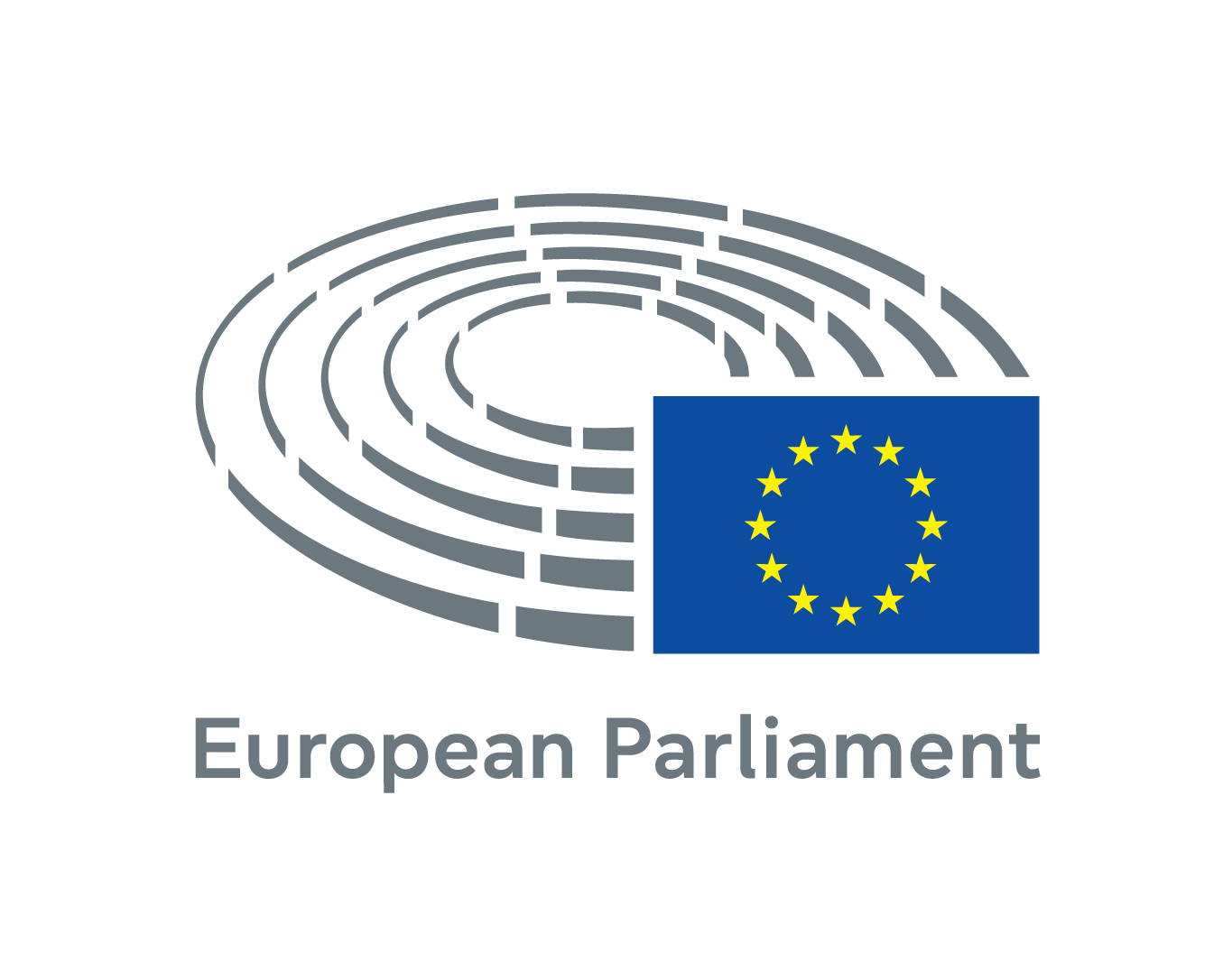European Union and Ethiopia Sign Annual Action Programme 2024, Allocating EUR 240 million (32.3 Billion Birr) to Strengthen Partnership and Promote Sustainable Development

The European Union (EU) and the Federal Democratic Republic of Ethiopia have today announced the signing of the Annual Action Programme (AAP) 2024, marking a pivotal moment in the EU-Ethiopia partnership. This agreement reaffirms their mutual commitment to sustainable development, peace, and prosperity in Ethiopia.
AXIAN Telecom receives US$ 100 million investment from EIB Global for mobile broadband network expansion in Madagascar and Tanzania

The European Investment Bank (EIB Global) today announced a financing package of US$ 100 million to AXIAN Telecom to support the expansion of its mobile broadband network infrastructure across Madagascar and Tanzania. The project will expand 4G mobile broadband network infrastructure across the two countries as well as continuing the introduction of 5G coverage.
EU and Partners Visit Mwanza to Deepen Cooperation and Launch Urban Development Investments

A delegation of Heads of Cooperation from the European Union and its Member States met in Mwanza this week to reflect on ongoing EU-Tanzania cooperation and chart the path for future partnership, with a focus on sustainable urban development.
Led by Marc Stalmans, EU Head of Cooperation, the delegation included representatives from Germany, Belgium, Sweden, France, Ireland, Denmark, and the Netherlands. Their two-day retreat in Mwanza included meetings with regional authorities and visits to EU-funded projects implemented under the Team Europe approach—an initiative that brings together the European Union, its Member States, and their development agencies to deliver collective support for partner countries.
EU pledges additional humanitarian aid at roundtable on the Democratic Republic of the Congo

The European Commission has pledged a further €40 million in humanitarian assistance for the Democratic Republic of Congo (DRC), subject to the approval of the budgetary authority. It comes as the EU co-hosted today, with the United Nations Emergency Relief Coordinator and the African Union Commissioner for Health, Humanitarian Affairs and Social Development, a high-level roundtable event on the drastically deteriorating humanitarian situation in the eastern DRC. The EU had already announced €60 million for the country in January 2025, with today’s pledge bringing total aid to €100 million in 2025.
Parliament endorses new fisheries protocol with Guinea-Bissau

MEPs gave their consent on Wednesday to the updated fisheries agreement with Guinea Bissau, granting 41 EU vessels access to the country’s waters for the next five years.
Under the new protocol, a total of 28 freezer tuna seiners and surface longliners and 13 pole-and-line tuna vessels, from Spain, France, Italy, Greece and Portugal, are allowed to fish in Guinea-Bissau’s waters.
African Union and European Union Celebrate 25 Years of Strengthened Partnership

In the lead-up to the Ministerial Meeting on 21 May 2025, in Brussels, gathering over 80 governments and the new leadership of both AU and EU, a series of anniversary initiatives will be promoted. These will include joint outreach explaining the development of the partnership and concrete results and open dialogues on shared challenges. These activities will pave the way for the 7th African Union-European Union Summit to be hosted in Africa later this year.
EU-South Africa summit, 13 March 2025

Main results
The eighth summit between the leaders of the EU and South Africa took place in Cape Town, South Africa, on 13 March.
The President of the European Council, António Costa, together with European Commission President Ursula von der Leyen, represented the EU. South Africa was represented by President Cyril Ramaphosa.
Commission imposes duties on unfairly subsidised imports of aluminium road wheels from Morocco

The European Commission has imposed countervailing duties on imports of aluminium road wheels from Morocco, shielding EU producers and defending 16,600 jobs from unfair trading practices.
The imports were found to be unfairly subsidised, including via China’s Belt and Road Initiative (BRI), and as such were harming the EU industry.
European Union and Tanzania Celebrate Completion of TZS 278 Billion AGRI-CONNECT Programme, Benefiting Over 177,000 Farmers

The European Union (EU) and the Government of Tanzania have celebrated the achievements of the AGRI-CONNECT programme, a flagship initiative that has supported sustainable agriculture through improved value chains for shared prosperity. With a total investment of EUR 100 million (approximately TZS 278 billion) funded by the European Union, AGRI-CONNECT, launched in 2019, has played a crucial role in enhancing Tanzania's agricultural sector, particularly in horticulture, coffee, and tea.
SADC and EU held a Ministerial Partnership Dialogue on 15 March 2025, in Harare, Zimbabwe

A Ministerial Partnership Dialogue between the Southern African Development Community (SADC) and the European Union (EU) was successfully held on 15 March 2025, in Harare, Republic of Zimbabwe, where the two parties engaged on issues of mutual interest, including peace and security, human and sustainable development, climate change, environment, trade and investment.




